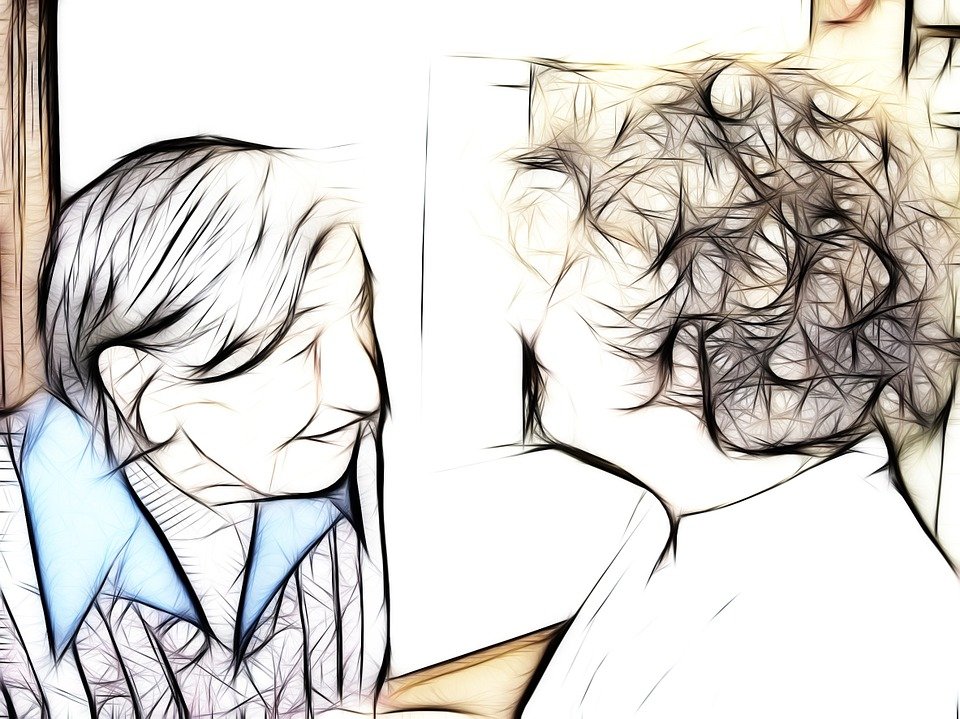
It’s time to notice informal caregivers
What’s happening? Regenstrief Institute-led researchers have received a grant from the National Institutes of Health’s National Institute on Aging to create an app to help informal caregivers better manage medication for people with Alzheimer’s and other dementias. Helping the Helpers will be developed in three phases. Firstly, the team will interview and assess the needs of caregivers, who are usually friends and family. The caregivers will then act as co-designers to ensure the app has features and functions that will benefit them. Finally, wider testing will determine if caregivers can and will use the app. (Regenstrief Institute – press release)
Why does this matter? The importance of getting drug use right mustn’t be underestimated as mismanagement, including in relation to the use of over-the-counter medicines, can lead to severe side effects and can sometimes be fatal. Informal caregivers often lack training, resources and support to manage medications for people with dementia, which can increase burden, stress and the risk of inappropriate medicine use, project co-leader Richard Holden said. A user-centred app like the above could help mitigate these problems and result in better medication adherence and safety, he added.
Multiple tasks – Informal care involves much more than giving medication to friends or relatives who may be suffering long-term physical or mental illness, disability or addiction. Things like housework, shopping, dressing, bathing and psychological support are also some of the key demands of the role.
Facts and figures – In the UK alone, it’s estimated that 13.6 million people were informal carers in 2020. Many of these are struggling to balance their caring responsibilities with holding down a job. Financial support is available, but the primary benefit – the carer’s allowance – is currently only £67.60 ($93.11) for someone providing unpaid care for at least 35 hours a week. This is hardly enough for someone to live on, and for many, there’s little alternative than to attempt to stay in paid employment.
There’s also an estimated 700,000 informal carers under the age of 18 in the UK, sometimes providing up to 50 hours of care a week. These children face barriers in getting support for themselves and often their education will slip behind average too.
Implications – It’s not surprising that many informal caregivers find themselves suffering from mental and physical health problems resulting from the demands placed upon them. This is compounded by feelings of social isolation and loneliness alongside being less likely to look after themselves properly, and engaging in risky behaviours such as drinking and smoking.
What can we do? This largely invisible population exists across the globe and should be lauded for their activities rather than suffering stigma for their role, which is becoming ever more important with increasingly ageing populations. Informal caregivers save their economies billions a year, so governments should consider providing them better financial and social support than that currently on offer. Employers need to recognise that some of their staff are also caregivers – potentially offering greater flexibility in their work hours. Finally, young caregivers must have support to ensure they have positive futures.


